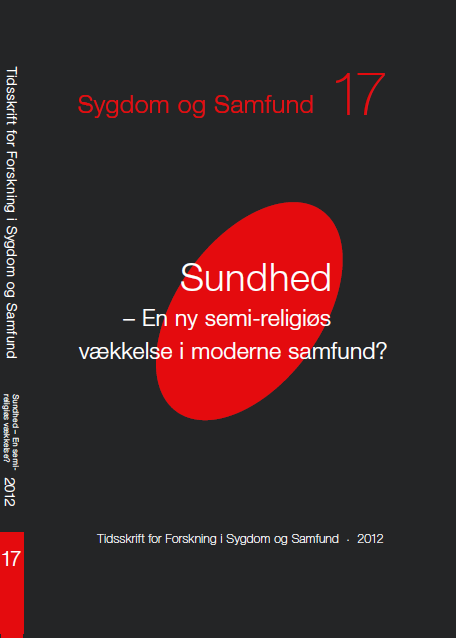Publiceret 2012-11-22
Citation/Eksport
Resumé
This paper discusses the heavy reliance upon a particular kind of causal knowledge in prevention and health promotion. Based on ethnographic fieldwork with prevention professionals working with interventions targeting teenage drinking in Denmark, the paper argues that, while attempting to provide predictions for the future, prevention creates certain problems for itself in the moments of social interaction where it is practiced. The paper suggests that prevention can be seen as an attempt at postponing the future and through empirical examples it is illustrated how this project causes a number of practical problems to prevention professionals. The paper begins by sketching the causal epistemology that dominates current public health research. Next, ethnographic descriptions of (i) an educational intervention in Danish schools and (ii) a meeting for parents arranged by a local public health agency provide the material for discussing the practical use of causal knowledge. It is shown that this knowledge becomes contradicted and undermined in the social interaction between public health practitioners and their target groups, and that – paradoxically – this knowledge tends to actualize the very phenomenon it seeks to prevent. The paper employs Bourdieu’s distinction between two modes of anticipatory intelligence, the project and the protention, and argues that, in the interaction between prevention professionals and target group, the widespread use of causal knowledge might inhibit and counteract the situational competencies of prevention professionals.

